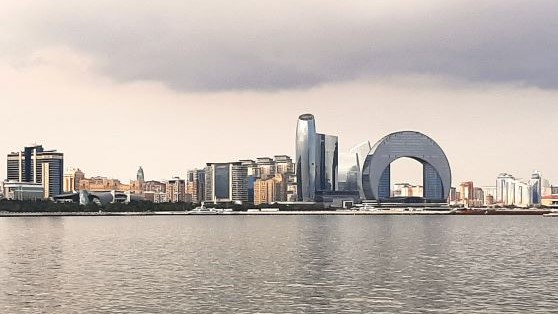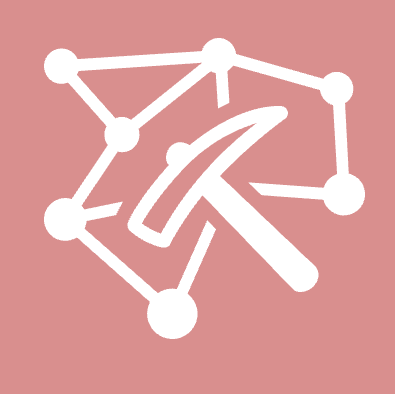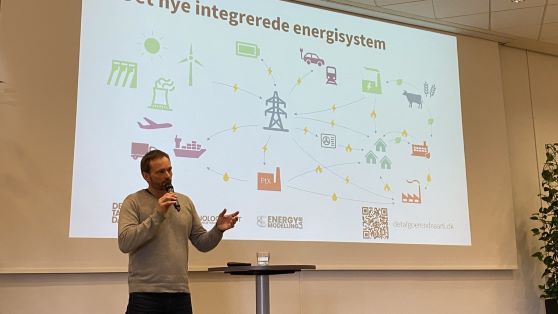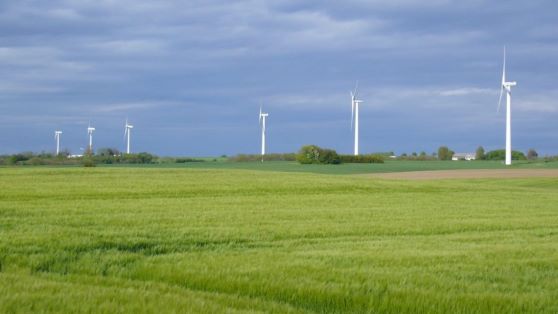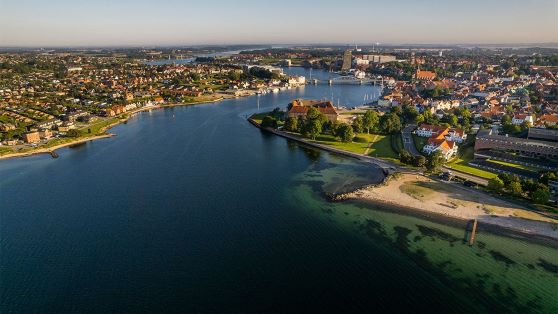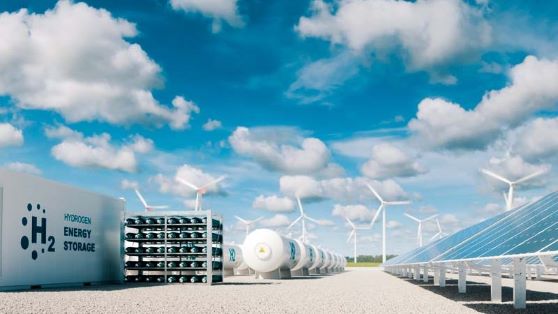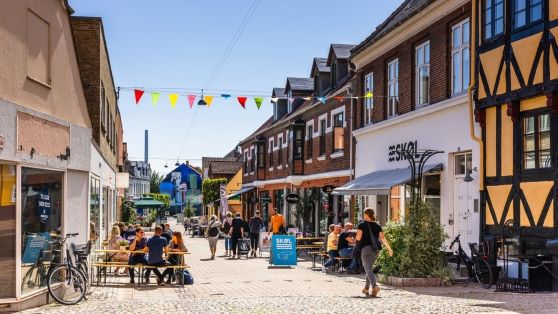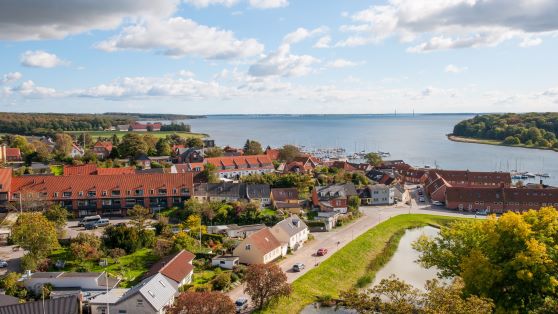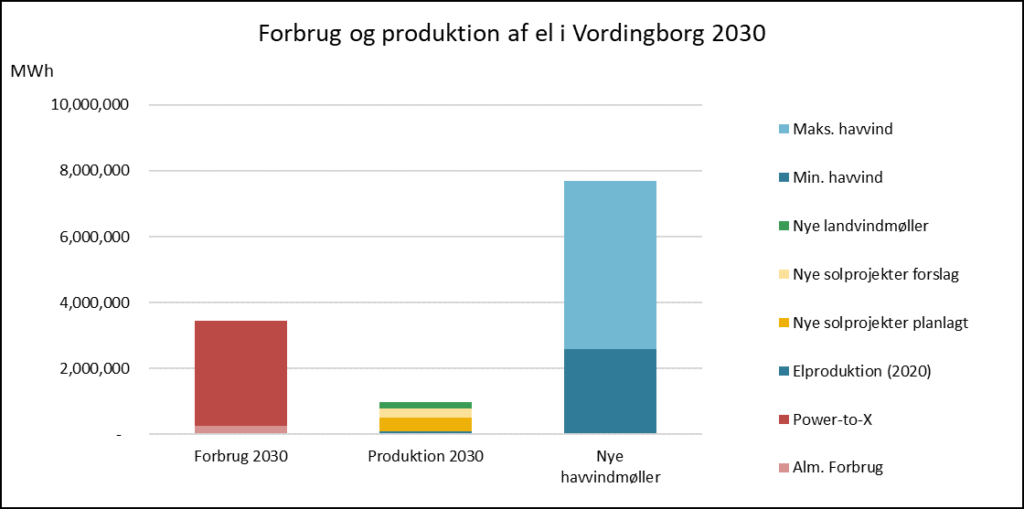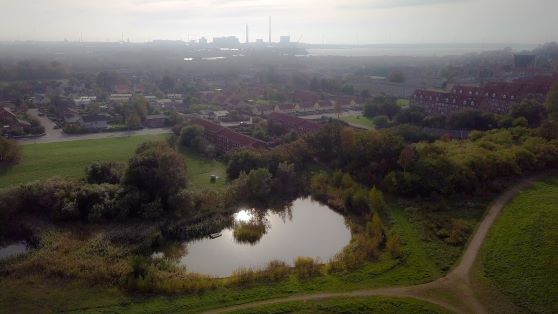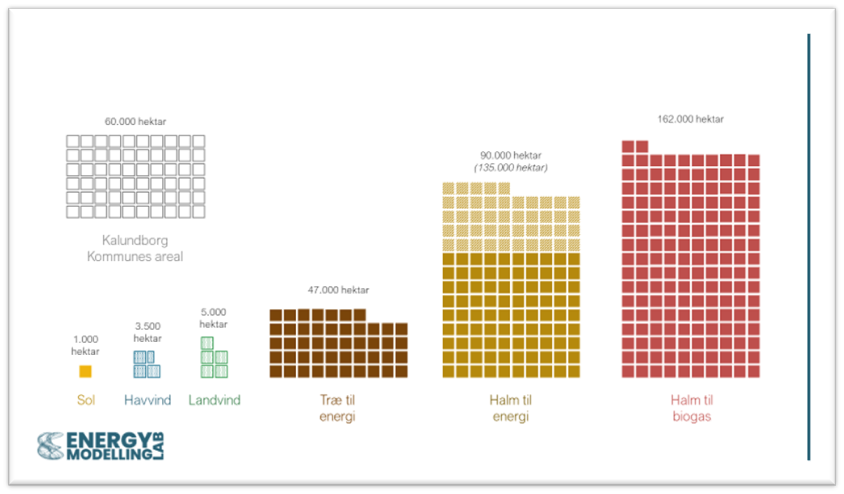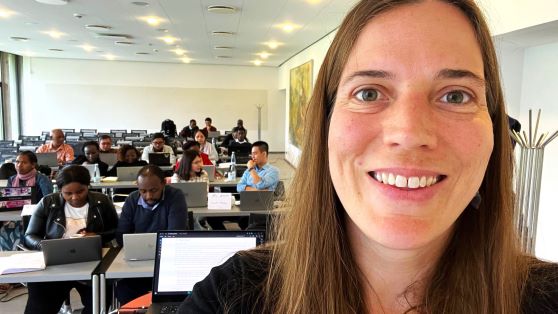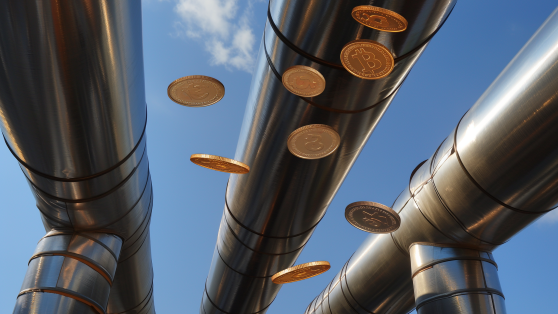
We have launched a research project on the challenges of financing district heating projects. The overall objective is the development of sustainable financial frameworks for key district heating market types. Our focus is analyzing fundamental structures within district heating finance. One major result will be identifying best practices.
The project will provide authorities, investors, and the scientific community with fundamental insight into sustainable finance’s role in district heating deployment. District heating is key to the green energy transition in the EU. Since the sector is set to grow so is the need for financing.
The research project is entitled “Financial Frameworks’ Impact on District Heating”. We are implementing it as a party to a four-country consortium (Belgium, Denmark, Germany, and Sweden).
Challenges to district heating
District heating is a cost-effective and sustainable technology. Nonetheless, financing challenges pose a serious impediment to new projects. District heating projects are typically large-scale and require significant upfront investment. Therefore, it’s a difficult task to secure financing, particularly from the private sector.
Mainstream financing mechanisms to attract private capital are usually ill-suited for district heating. Subsequently, the development of district heating has historically relied heavily on public financing, such as grants, loans, and guarantees. In particular, this is the case in countries with a strong tradition of public ownership and control of energy infrastructure.
Objectives
1. To understand and define district heating as an asset class. We will classify the various investment components into an asset class structure according to the standards in the investor community. Investors tend to hold portfolios of assets of varying character. Identifying the asset class of district heating allows investors to lower the threshold for investing in it.
2. To establish a database of key financial characteristics.
3. To understand the impacts of financial frameworks on the deployment of district heating.
4. To provide recommendations on how investors in green energy can approach the district heating sector.
Donor: IEA Technology Collaboration Programme on District Heating and Cooling
Coordinator: Daniel Møller Sneum
Partners: Lund University and Halmstad University, Sweden, Stuttgart University of Applied Sciences, Germany, and Euroheat & Power, Belgium.
Lead: Energy Modelling Lab
Budget: USD 302,425
Duration: 2024-2026

